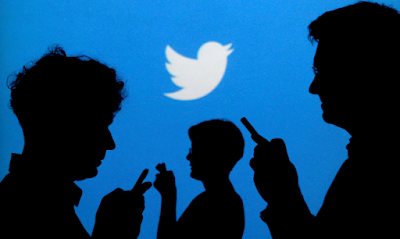Are mobiles changing how we shop?
- The Telegraph
This article talks about how nowadays people have resorted to buying items through there smartphones rather than using a computer. however although they use their phones to view the items, most purchases are made using a tablet as it is more simple than using a computer and more accessible than the tiny screen of a phone.
Overall, according to the IMRG figures, 49 per cent of online sales came through traditional computers, whether desktops or laptops, with 51 per cent on hand-held devices. That breaks down as 33 per cent through tablet computers and 18 per cent on smartphones.
According to the IMRG Capgemini e-Retail Sales Index, which tracks trends in internet shopping, 66 per cent of visits to retail websites between November and January came through mobile devices. That compares with 53 per cent in the same period a year earlier
According to IMRG (Interactive Media in Retail Group), the trade body for internet retailers, 51 per cent of online sales between November and January in the UK involved hand-held devices rather than traditional computers or laptops.
In my opinion I think that this is very useful and expected as technology grows. This allows people to access their shopping on the go and if they see something they like they can get it within the comfort of their home at more ease. However, there are cons with shopping online and that is whether or not the website is trustworthy or not. As it is very easy to falsify pictures and therefore people may not be getting their moneys worth as their item is not what they expected it to be. Although when it comes to food, there isn't much that could go wrong.









